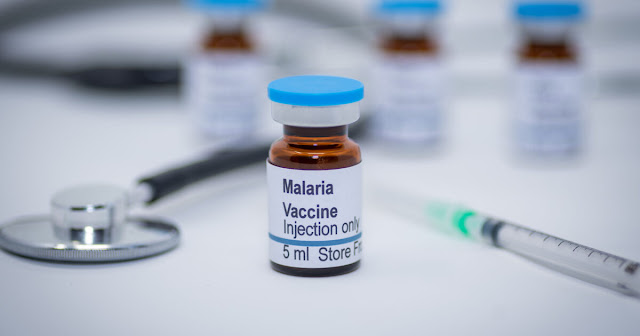Advancing Towards an Effective Malaria Vaccine: Current Developments and Future Prospects
Malaria, a devastating disease caused by the Plasmodium parasite, continues to claim hundreds of thousands of lives each year, predominantly in sub-Saharan Africa. Over the years, efforts have been made to control the spread of malaria through insecticide-treated bed nets, indoor residual spraying, and antimalarial drugs.
However, the emergence of drug-resistant parasites and insecticide-resistant mosquitoes poses significant challenges to these strategies. Therefore, the development of an effective Malaria Vaccine is crucial in the fight against this global health threat. In recent years, there have been promising developments in the field, bringing us closer to a breakthrough.
One of the leading vaccine candidates is RTS,S/AS01, also known as Mosquirix, developed by GlaxoSmithKline in partnership with the PATH Malaria Vaccination Initiative. This vaccine has undergone extensive clinical trials and has shown moderate efficacy in reducing the incidence of malaria in young children. It stimulates the immune system to produce antibodies that target the Plasmodium falciparum parasite, the most deadly species of malaria. While RTS,S/AS01 has demonstrated partial effectiveness, there is a need for further optimization to enhance its efficacy.
The Malaria Vaccine Market is anticipated to reach US$ 41.08 million in 2022 and is projected to grow at a CAGR of 29.6% from 2022 to 2030.
Another promising avenue of research involves developing vaccines that target multiple stages of the malaria parasite's life cycle. Most malaria vaccination in development focus on the parasite's pre-erythrocytic stage, which occurs in the liver before the infection spreads to red blood cells. However, vaccines targeting other stages, such as the sexual and mosquito stages, are being explored to interrupt transmission and block the disease at different points of its life cycle. Several experimental vaccines are undergoing preclinical and early clinical trials, showing encouraging results in animal models.
In recent years, advancements in vaccine technology, such as the use of viral vectors and mRNA-based vaccines, have opened up new possibilities for Malaria Vaccine development. Viral vector-based vaccines, like the ChAd63/MVA ME-TRAP vaccine, have shown promising results by delivering specific antigens into cells to trigger an immune response.
mRNA-based vaccines, which have gained attention during the COVID-19 pandemic, offer potential advantages in terms of rapid development and manufacturing. Researchers are now exploring the application of these technologies in the context of malaria vaccination, with early-stage trials underway.
While significant progress has been made, challenges remain in the development of a highly effective malaria vaccination. The Plasmodium parasite's complex life cycle, genetic diversity, and ability to evade the immune system present hurdles that need to be overcome. Additionally, ensuring the vaccine's affordability, accessibility, and delivery in resource-limited settings is essential for its successful implementation.
Looking ahead, collaborations between academic institutions, pharmaceutical companies, and global health organizations are crucial to advancing Malaria Vaccine research. Governments and donors also play a vital role in providing funding and support for research and development efforts. With continued investment, innovation, and coordinated efforts, we are moving closer to the day when a safe, effective, and affordable malaria vaccination becomes a reality, offering hope for the millions of people at risk of this deadly disease.
The development of an effective malaria vaccination is a critical step in the fight against this devastating disease. Current developments, such as the RTS,S/AS01 vaccine and the exploration of novel approaches targeting multiple stages of the parasite's life cycle, offer promise.
Advances in vaccine technology further enhance the prospects for developing a highly effective vaccine. However, challenges remain, and continued collaboration and investment are necessary to overcome them. With sustained efforts, we can advance towards a future where malaria becomes a preventable and controllable disease, saving countless lives and improving the well-being of communities worldwide.




Comments
Post a Comment